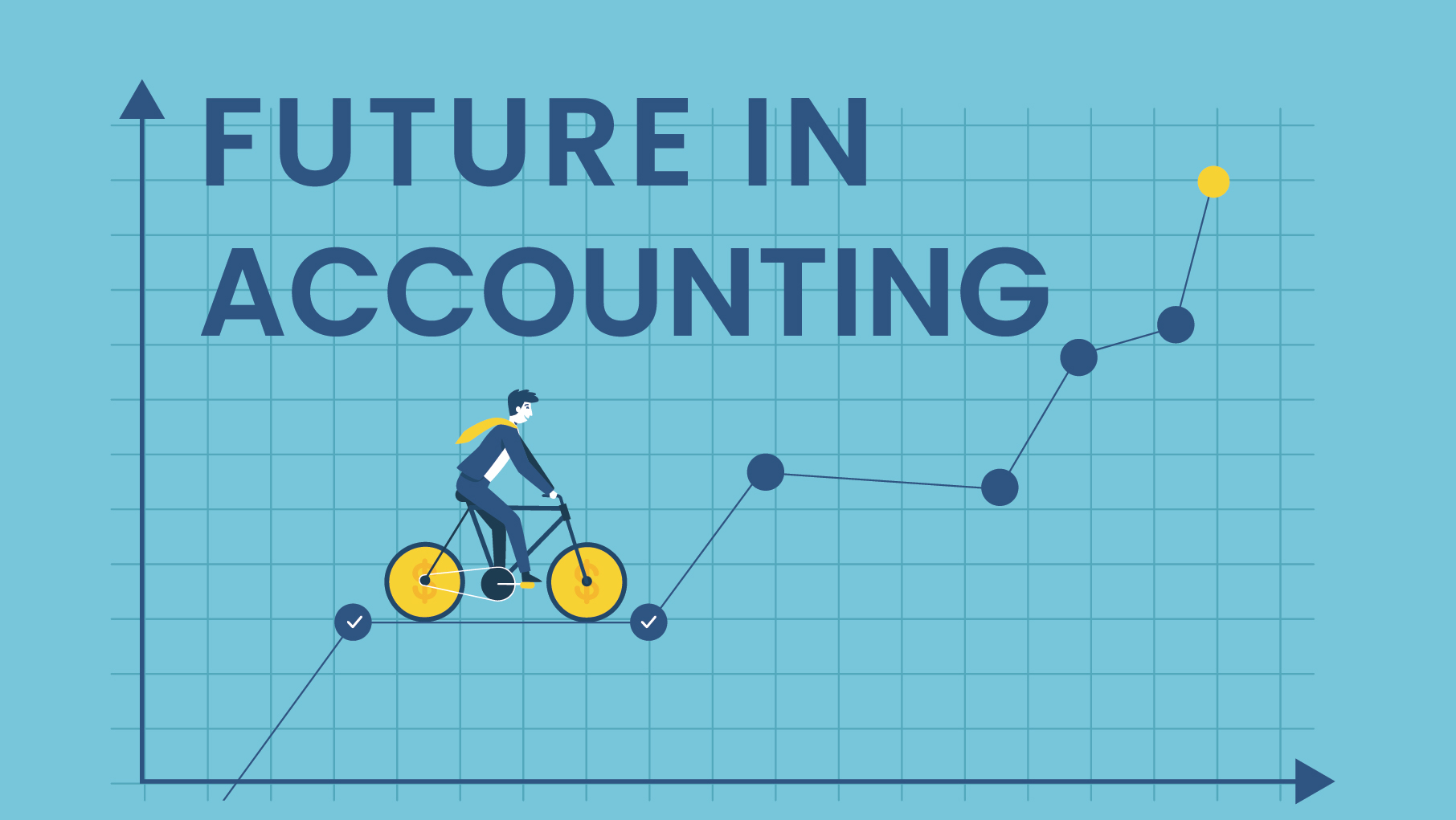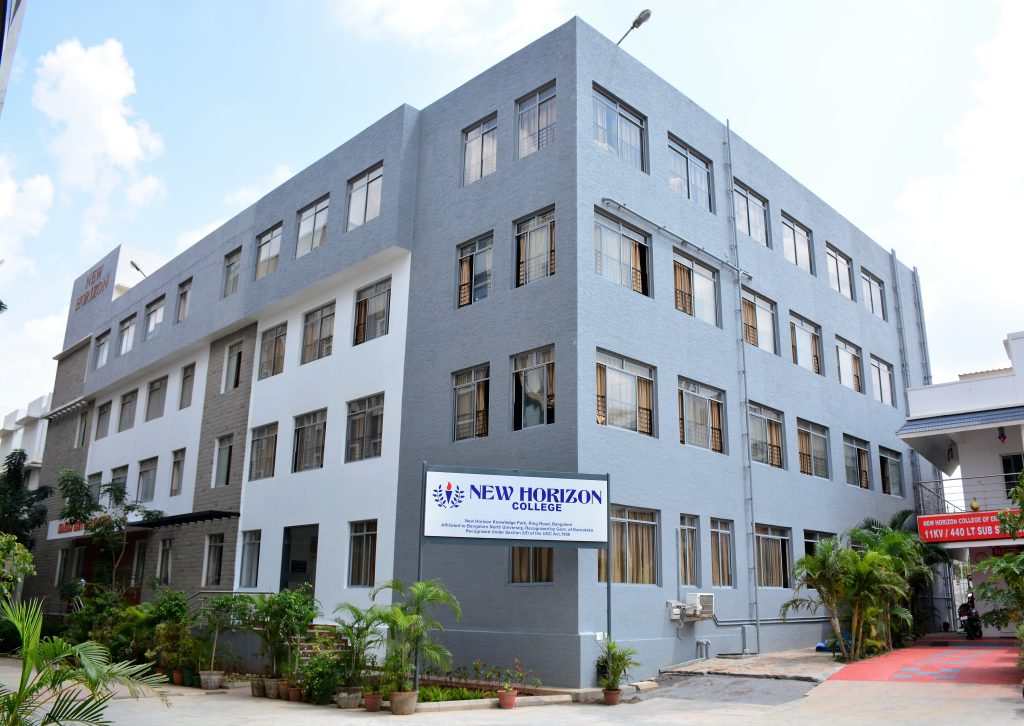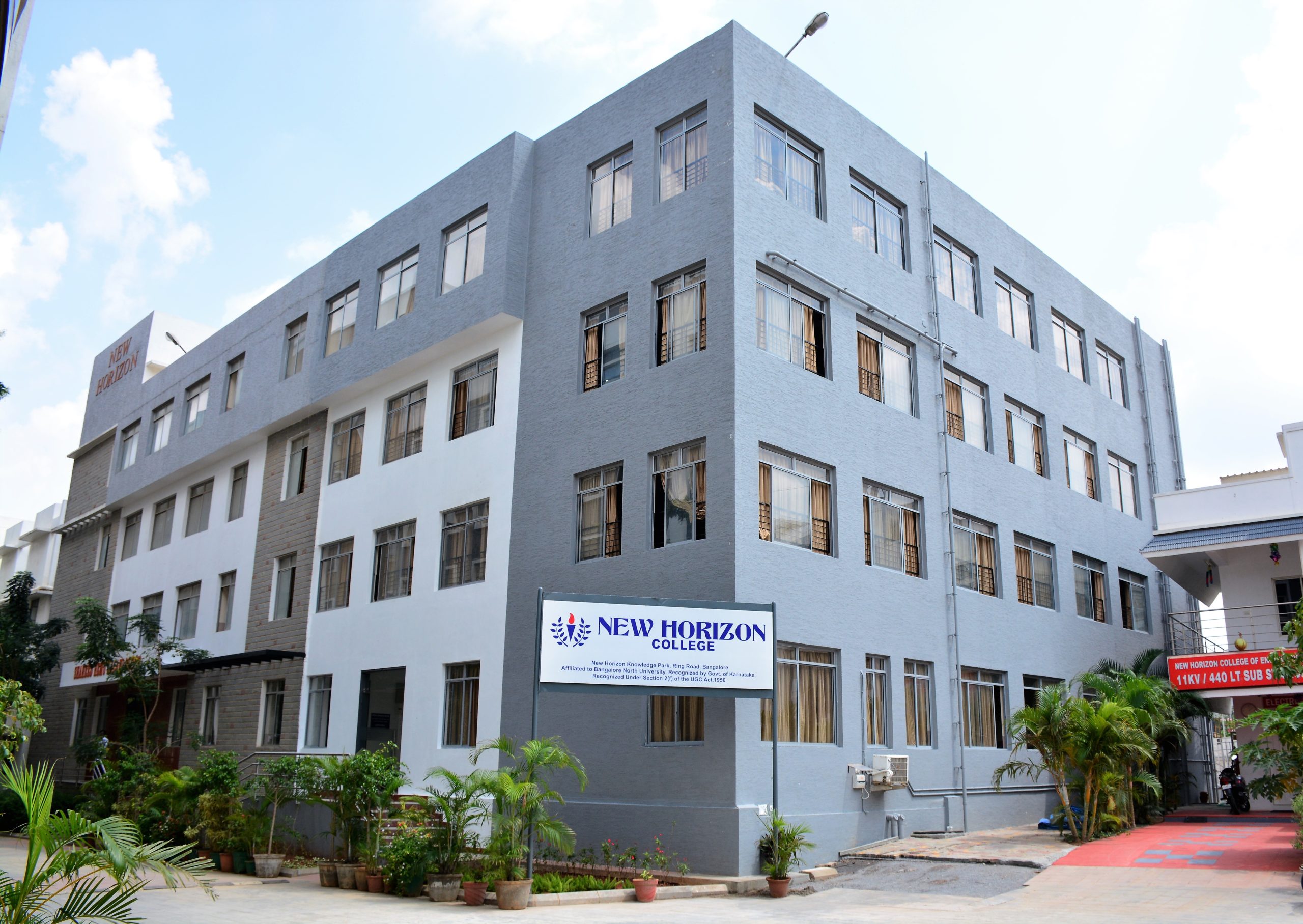BLOGS
Future in Accounting

The future is so unpredictable and kinetic in nature. The only assurance we have of the future is that it is unfathomable. We have seen it and experienced first-hand how volatile and vulnerable we can be in a world that appears to be so self-assured of its path.
If a question was put forward prior to the advent of the pandemic to the millennials about the possibility of the world coming to a standstill; we would have been laughed at but Covid 19 proved us all wrong and that begs us to differ and think about the endless possibilities and change. Post covid the world as we knew it changed. The world changed because we as a species survive despite immense odds. Since time in memorial, mankind has survived against wars, famine, plaque, disasters and violent purges devised by nature. This is a unique characteristic of our species.
In a world full of disruption, advent of modern technologies, unforeseen contingencies, our society run on probabilities. Hence it is important to introspect the possible changes on our livelihoods and by that extension to our careers. There is no other field that is rapidly evolving and transitioning under the vices of an ever-changing world than the field of Accounting and Finance.
As new technology develops and outdated methods of doing things fade away, accounting procedures evolve over time. High-tech systems and computerised accounting procedures have an effect on many accounting firm owners’ businesses. According to a Sage report, over 90% of accountants believe that technology is influencing the culture of accounting in a more positive way (Sage, 2019). Numerous causes, particularly generational change and customer expectations, are responsible for this cultural transformation.
Without question, the pandemic has sped up the digital transformation process. It’s a truth that has unexpectedly been pressed onto the accounting community and the rest of society. In addition to this, organisations are dealing with a number of significant obstacles, including the need to recover from two years of sporadic lockdowns, the very real threat of bankruptcy, rising energy costs, tax rates, managing Covid, the cost-of-living crisis, and the conflict in Ukraine with all of its global repercussions.
We appear to have jumped decade in a few of months as technological progress continues. How can accountants structure their financial operations to guide their clients’ businesses toward a more lucrative, long-term future? In essence, it involves effectively implementing new technology, taking a holistic view of the company – the wider picture – and putting an emphasis on hiring and developing the workforce of the future.
Having said that what are the emerging trends in the field of accounting? How can professionals earning a livelihood in the finance industry and aspiring accounting graduates stay abreast in a rapidly evolving sector. Read further to find out the emerging trends in this industry that has provided means to a higher standard of living for the common people.
Remote Workforce
Traditional employment is evolving. Businesses are benefiting from the fact that people are no longer confined to an actual office. The accounting sector is one that can accomplish it more efficiently than others and is not an exception to this rule.
Due to the pandemic and the use of cloud-based software, an increasing number of accountants are working remotely, enabling staff to fulfil their allocated jobs without being in the same workplace. This pattern will probably persist as well. Working remotely has several advantages, including more freedom and lower administrative expenses.
The correct technology solutions, including virtual communication methods, cloud-based bookkeeping, and secure personal data storage and sharing, are crucial for remote work to be successful. Accounting firms should think about creating a remote office policy if they want to remain competitive. It is now obvious that there isn’t one best technique to manage your staff. Each team member has unique preferences for working efficiently.
While conventional businesses still conduct their business face-to-face, there exists a clear need for businesses to provide employees a flexible, adaptable work environment in order to attract and retain talent. And this is extremely feasible with the aid of the appropriate technology and tools.
Data Security
Hackers are becoming more sophisticated as accounting companies and their clients share more data electronically. Accounting businesses must take precautions against cyberattacks and other problems with data security, including providing their staff with sufficient cybersecurity training. Accounting professionals may now access work more easily when at home or on the go thanks to cloud-based software, which offers a scalable, affordable alternative for online storage of private data.
To ensure that only authorised individuals have access to sensitive data, accounting companies should also deploy systems with multiple authentication requirements. Due to the volume of private financial information shared between clients and accountants, even a small security lapse might result in identity theft. By concentrating on data security, firms may protect their most precious assets—their customers’ data.
Advisory Services
Accounting businesses that want to remain competitive must offer advising services in addition to typical auditing and financial reporting services. Offering advice on how a company might use new technology to boost efficiency or address issues in other areas, such as operations software management or human resources, is a part of advisory services.
CPAs are able to fill the gap among accountants and other financial experts as a result of this. Accounting technology advancements enable accountants to deliver more precise observations and give their clients wise counsel. Despite the rise of accounting automation, we still require human intervention, making holistic consultants more advantageous than transactional accountants. Businesses that can accommodate to this phenomenon will see an increase in revenue.
Artificial Intelligence
The practise of manually entering data into spreadsheets is quickly becoming obsolete. To save time & expense, accounting businesses that want to remain relevant need to automate as many of their operations as they can.
Technology like automated robotic processes (RPA), which uses AI bots to swiftly and accurately accomplish repetitive tasks, can be used to automate processes. Even the analysis of papers and the creation of reports might benefit from it. This will not only save your company time & expense, but it will also drastically reduce time of the employees so they can concentrate on tasks with a higher impact and greater value.
Automation will significantly minimise errors and workload, freeing up accountants to do more advisory duties. The need for auditors to verify the accuracy of the presented information and the financial inputs will rise as a result of this development.
The function of accountants in organisations will change along with the development of artificial intelligence. Numerous sectors are already using AI to automate manual operations. The day when AI can carry out more sophisticated tasks currently done by humans should be anticipated by accounting businesses. AI may, for instance, create financial reports, maintain client relationships, or spot fraudulent activities. Accounting professionals need to educate themselves on AI and how it will affect the accounting sector, even though there is no immediate reason to panic.
Although many accounting tasks can be automated, the technologies and resources needed to put them into practise are not well understood. The tendency toward automation of repetitious accounting procedures is made possible by ever-evolving technology.
Workflows for approval, bank reconciliation, journal entries, multi aggregation, revenue recognition, lease accounting, and depreciation are a few of the activities being automated. However, those who make the leap are rewarded.
Blockchain
A distributed ledger system called the blockchain enables safe, open, and unchangeable transactions. Accounting firms should closely monitor any potential effects of this modern innovation because it has the ability to completely alter how organizations run. Blockchain offers ways to track cash flow, reconcile accounts, and record and store assets, obligations, and transactions. People working in the accounting sector must comprehend blockchain technology and how it will impact the sector in the future.
By making ledger maintenance and reconciliation less expensive, blockchain is already transforming the accounting industry. Additionally, it offers the necessary precision regarding asset ownership and history. Accountants are better equipped to comprehend the commitments and resources that their company has. Audit trails, payments, and automatic invoicing are a few potential applications. Blockchain can help firms save time and money by reducing necessity third-party facilitators like banks and auditors. Do your study before making any decisions since, like any new technology, integrating the blockchain into your company carries inherent dangers.
There is famous adage that goes like this “When the world runs, you run with it”. However, it is time to rephrase that in the current scenario. A better presentation would be “When the world runs; You sprint”. This is an apt call for those in the financial sector to roll their sleeve and innovate their practices in the light of modern technological intervention. It becomes even more important for educational institutions to stay abreast in their pedagogy and curriculum to strengthen students with the latest developments in their field with the ability to seamlessly rise to the challenges they are to face in a career that is as unsettled as the ocean.
The best management schools in Bangalore, like those run by New Horizon Institutions, educate their students for the real world and equip them with the skills necessary for the workplace. Our best management education curriculums in India are heavily influenced by significant industry shifts. The effects of the industry are acknowledged and incorporated into our curriculum and daily instruction. Industry leaders are invited to special seminars, workshops, and lectures, and the placement cell trains students to be ready for the professional world. Additionally, taking on internships during the breaks between semesters is recommended.
Only the top 10 best management colleges in Bangalore make the effort to prepare students for the workforce and point them in the direction of a promising future and New Horizon tops the list.














